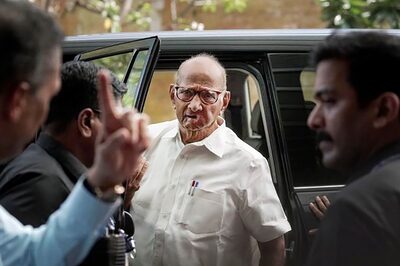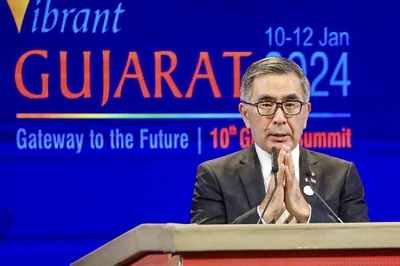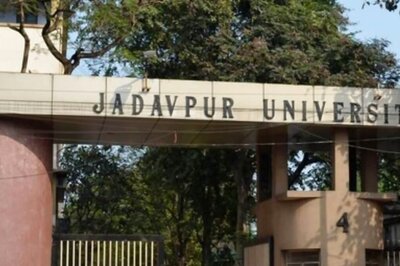
views
Washington: An Indian-American cancer researcher at the Duke University has been placed on administrative leave after investigations revealed that he had made false claims that he had won several awards, including the Rhodes scholarship.
The discrepancy revealed in an investigative article that in his application letter to National Institute of Health, Duke Oncologist and genomics researcher Anil Potti claimed to have won the Rhodes scholarship.
"Duke is aware of the allegations raised in the article regarding Dr. Potti and has instituted a formal internal investigation," the Duke University spokesman Douglas Stokke said.
"Dr. Potti has been placed on administrative leave pending the outcome of the investigation," he said.
As a result, the Duke University has suspended the three trials being conducted by Potti.
"In this new light, the investigators of three clinical trials... elected to suspend enrollment of new study subjects... until a full review of the underlying data and a re-review of the science can be completed," Stokke said.
Potti's research involved a genetic test that he claimed could predict who might respond well to certain cancer drugs; the trials were testing that approach, reported Lexington Herald Leader.
Potti has been receiving more than $ 6,00,000 through two federal cancer research grants from NIH.
He is also in the middle of a five-year lung cancer study for which he had been receiving $ 7,29,000 from the American Cancer Society, which has suspended payments to his grant pending its own investigation.
"We are profoundly concerned to learn that a Duke University researcher made claims about his credentials in applications to the American Cancer Society and others that may not be true," said Otis W Brawley, the American Cancer Society's chief medical officer.
According to a brief biography posted in the University website, Potti, is an Associate Professor in Department of Medicine and IGSP.
He received his MD degree from Christian Medical College, Vellore.
After completing an internal medicine residency and fellowship training in hematology and medical oncology, most recently he was a fellow in the laboratory of Dr. Joseph Nevins at Duke where he was involved in peripheral blood profiling and the development of genomic strategies to improve prognosis and treatment, with specific relevance to lung cancer.




















Comments
0 comment